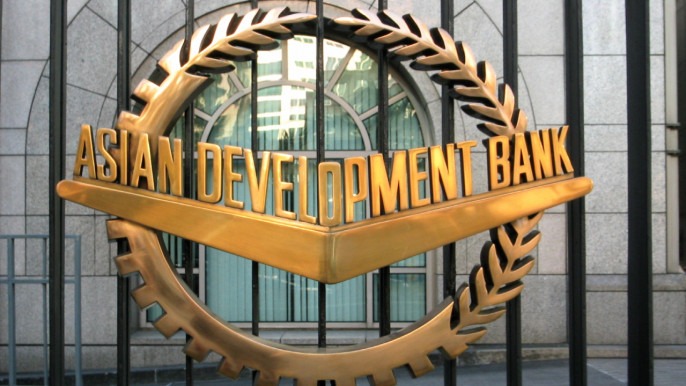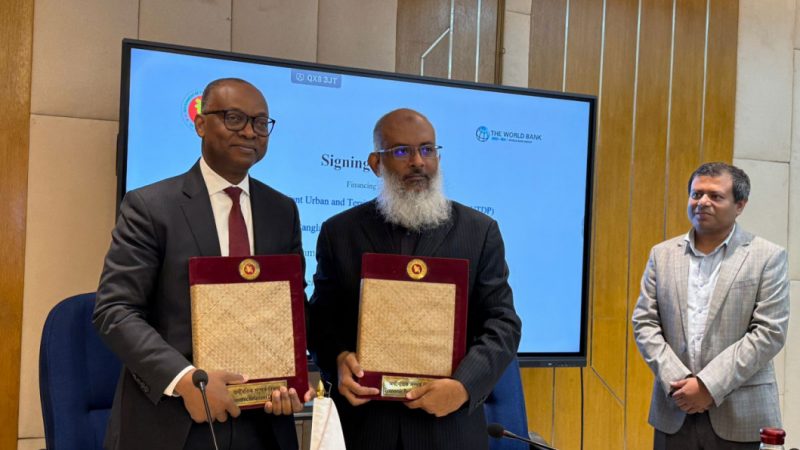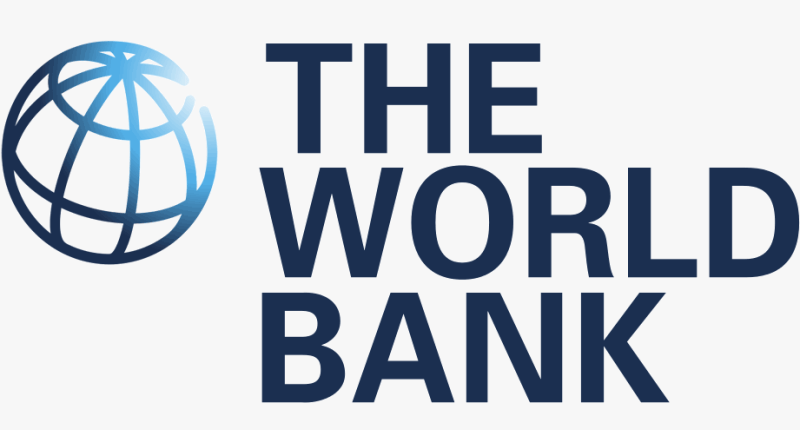Climate change-linked health risks taking heavy toll on BD

Health risks over climate change impacts are taking a heavy toll on Bangladesh, a report of the Lancet Countdown revealed on Wednesday.
The suitability for transmission of various infectious diseases, including dengue and malaria, is increasingly influenced by climate change, it said.
The Lancet Countdown is an international, multidisciplinary collaboration, dedicated to monitoring the evolving health profile of climate change, providing an independent assessment of the delivery of commitments made by the governments worldwide under the Paris Agreement.
Climatic conditions in Bangladesh’s lowlands favoured the spread of malaria for more than half of the year from 2014 to 2023, the report maintained.
Additionally, the population living within 100 kilometres of coastal waters suitable for Vibrio bacteria transmission increased by 32 per cent since 1990-1999, now affecting 44.5 million people.
The World Health Organization (WHO) also highlighted a significant rise in dengue cases in Bangladesh, exacerbated by climate change factors, such as increased temperature and heavy rainfall.
The distribution of dengue vectors, particularly Aedes aegypti, has intensified in previously unexposed areas, the report noted.
By November 2023, Bangladesh reported 308,167 dengue cases, a drastic increase from 62,382 in 2022, alongside a rising death toll from 281 to 1,598.
The country is also grappling with severe environmental challenges, and nearly 172 million individuals were exposed to sand and dust levels that exceeded the WHO thresholds at least once over the past five years, the report noted.
From 2019 to 2023, an average of 82 per cent of the country experienced at least one month of extreme drought, with 41 per cent facing at least three months, and nearly 25 per cent enduring six months or more of extreme drought.
Despite these alarming findings, Bangladesh continues to invest heavily in fossil fuel subsidies, totalling a record amount of US$26.8 billion in 2022, surpassing carbon revenues, it maintained.
Coal made up close to 5.5 per cent of the total electricity generation, while low-carbon sources, including renewables, contributed less than 2.0 per cent.
The decline in biomass for household energy use from 81 per cent in 2000 to 53 per cent in 2021 highlights the pressing need for investment in technology transfers and financing for sustainable energy solutions.
Dr. Marina Romanello, Executive Director of the Lancet Countdown, emphasised the urgent need for action, stating that the ongoing expansion of fossil fuels exacerbates health impacts linked to climate change, threatening to undo the limited progress achieved so far.
The report also advocated for a transformative approach to global financial systems that prioritises health and reallocates resources from a fossil fuel-dependent economy to a zero-emission future. The transition would promote public health and wellbeing through cleaner air, better diets, and sustainable job opportunities.
UN Secretary-General António Guterres echoed the call for urgent action, emphasising the necessity of addressing climate inaction by reducing emissions, protecting vulnerable populations from climate extremes, and ending dependency on fossil fuels.
Source: The Financial Express | 31 October 2024







